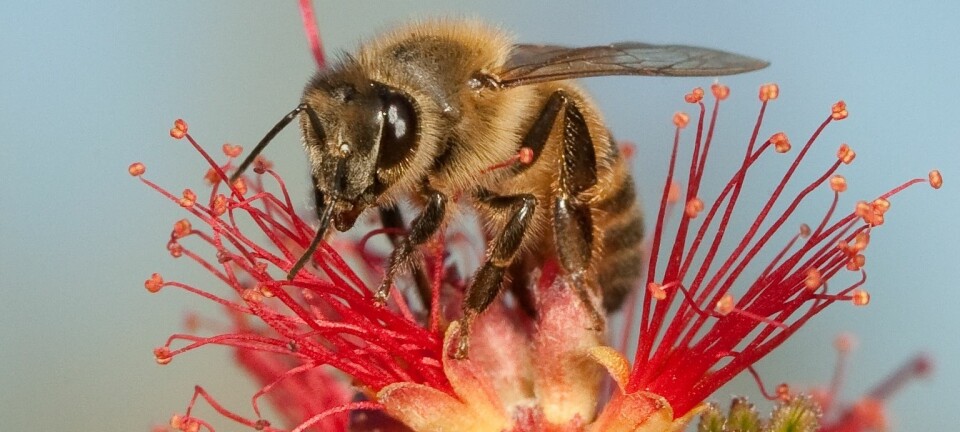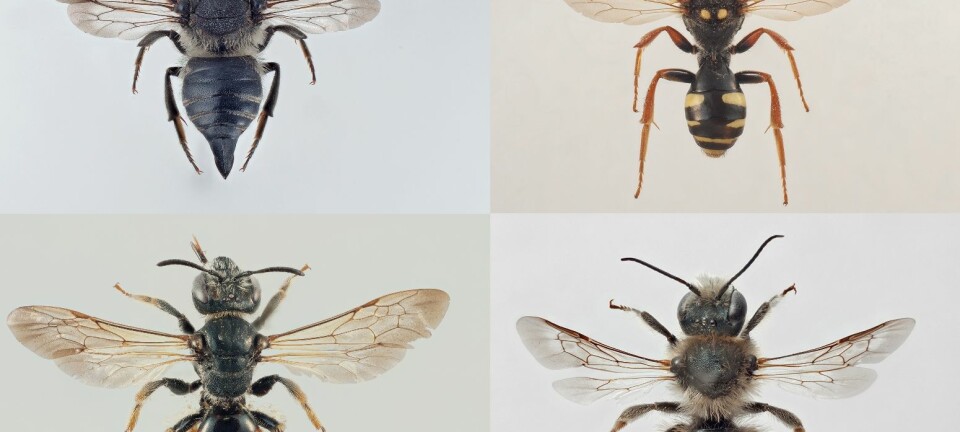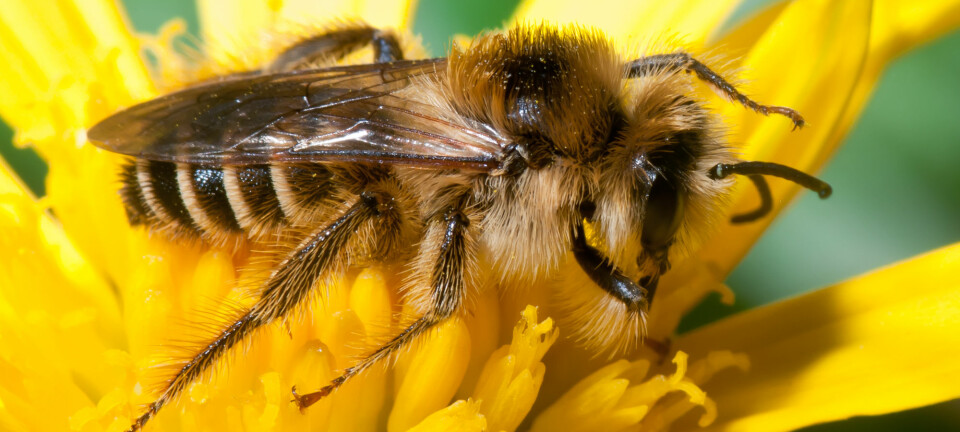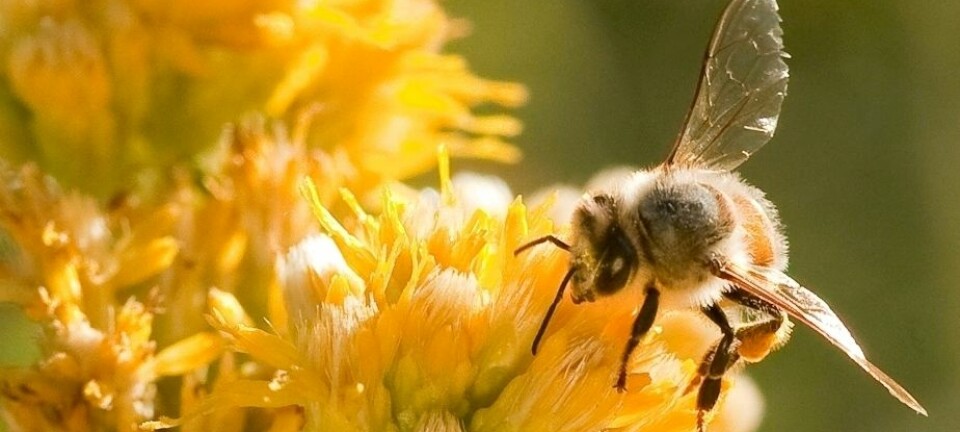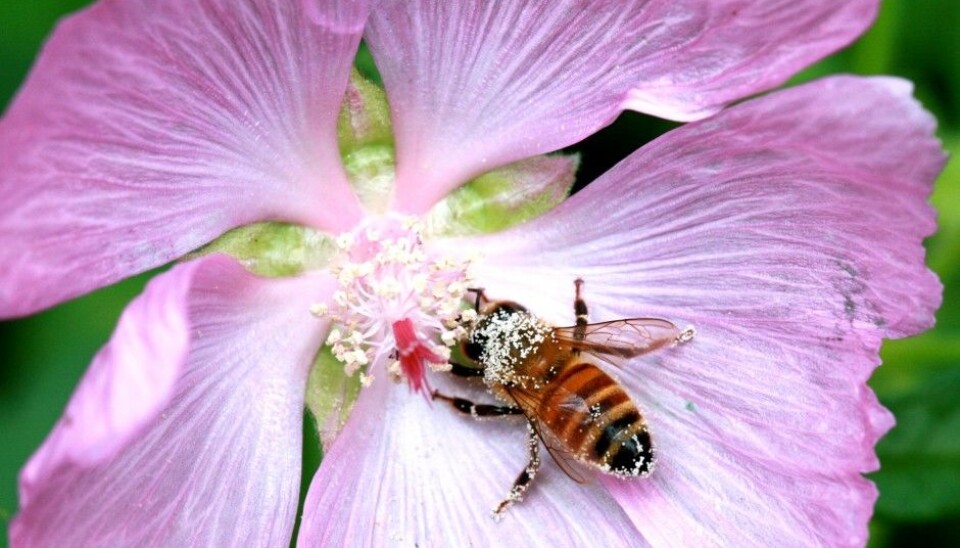
Honeybees appear to be Asian
The first global genetic analysis of honeybees reveals new insights into their history.
Denne artikkelen er over ti år gammel og kan inneholde utdatert informasjon.
We have a lot at stake when it comes to honeybees. Along with other insects, they help ensure the production of a third of our food. They pollinate fruit, nuts and vegetables.
Scientists have now, for the first time, investigated the genes of these bees worldwide.
This is a result of collaboration involving researchers in Sweden, Norway, Japan, Jordan, Brazil, South Africa, Turkey and Spain.
The scientists have conducted a genome sequence of the bees – in other words, figured out the order of their DNA nucleotides.
This enabled them to determine where the helpful insects most likely originate.
The answer came as a surprise.
Honeybees turned out not to stem from Africa, as many have believed. In all probability they started out in Asia.
Beekeeping
Around 300,000 years ago some bees left Asia and spread to Europe and Africa, according to the study.
The scientists determined this by analysing bees’ genome variations.
They based the study on 140 bees from 14 different populations and found a surprising degree of variation.
Genetically the insects appear to have benefitted from beekeeping because people have crossbred them from distant parts of the world.
The scientists write that humans have kept bees for at least 7,000 years. People started travelling far with bees in their baggage 3,000 years ago.
Climate threat
Climate changes have impacted bees throughout their history. Bee populations have risen and fallen significantly, largely because of ice ages.
When colder spells of thousands of years reduced bee populations in Europe, bees managed to thrive all the more in the climate of Africa. Changes in genes show that bees adapted to the changes in climate.
Bees are under threat today. Explanations include accelerating climate changes, the use of herbicides and pesticides as well as poor management and diseases.
The scientists think that knowledge about how honeybees adapted to changes in the past could help us save them today. But more studies are needed to find out how.
“The study provides new insights into evolution and genetic adaptation, and establishes a framework for investigating the biological mechanisms behind disease resistance and adaptation to climate, knowledge that could be vital for protecting honeybees in a rapidly changing world,” says one of the scientists, Matthew Webster of Uppsala University in Sweden.
------------
Read the Norwegian version of this article at forskning.no
Translated by: Glenn Ostling







